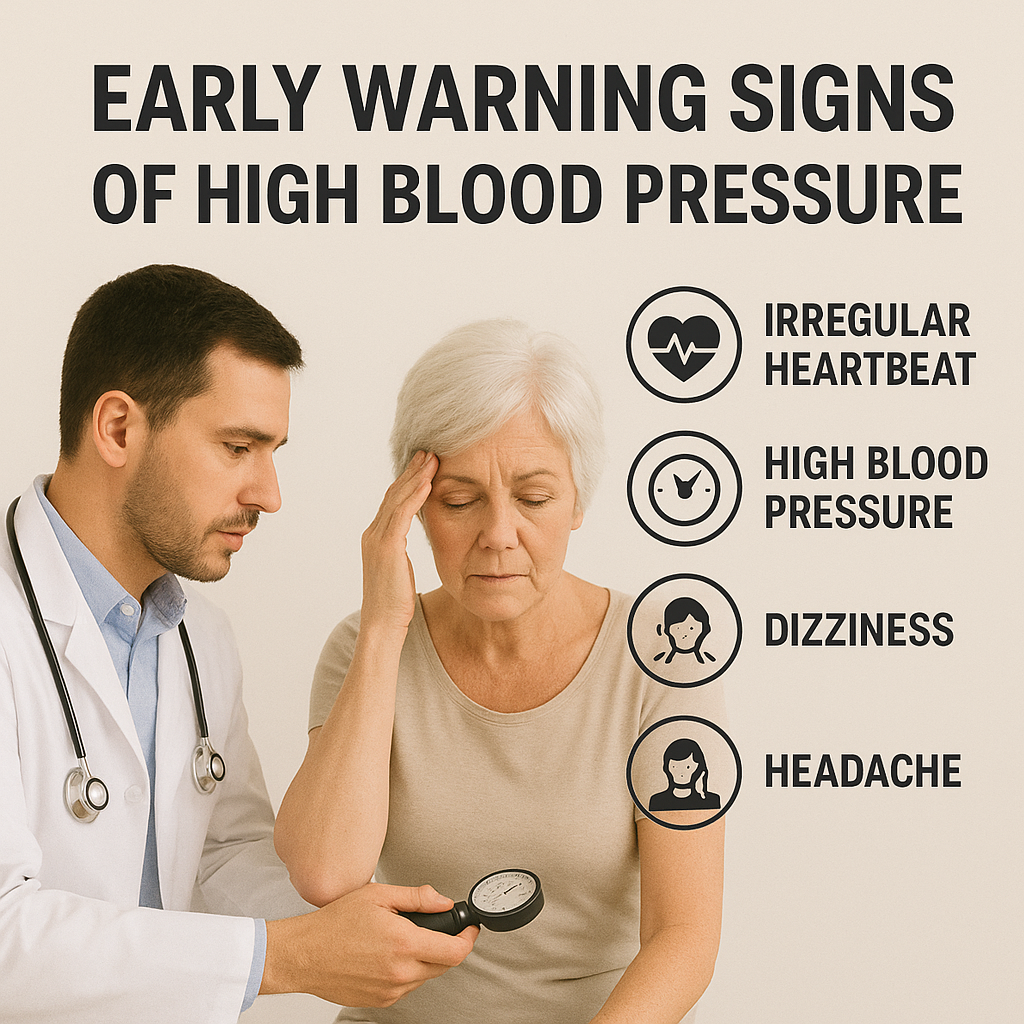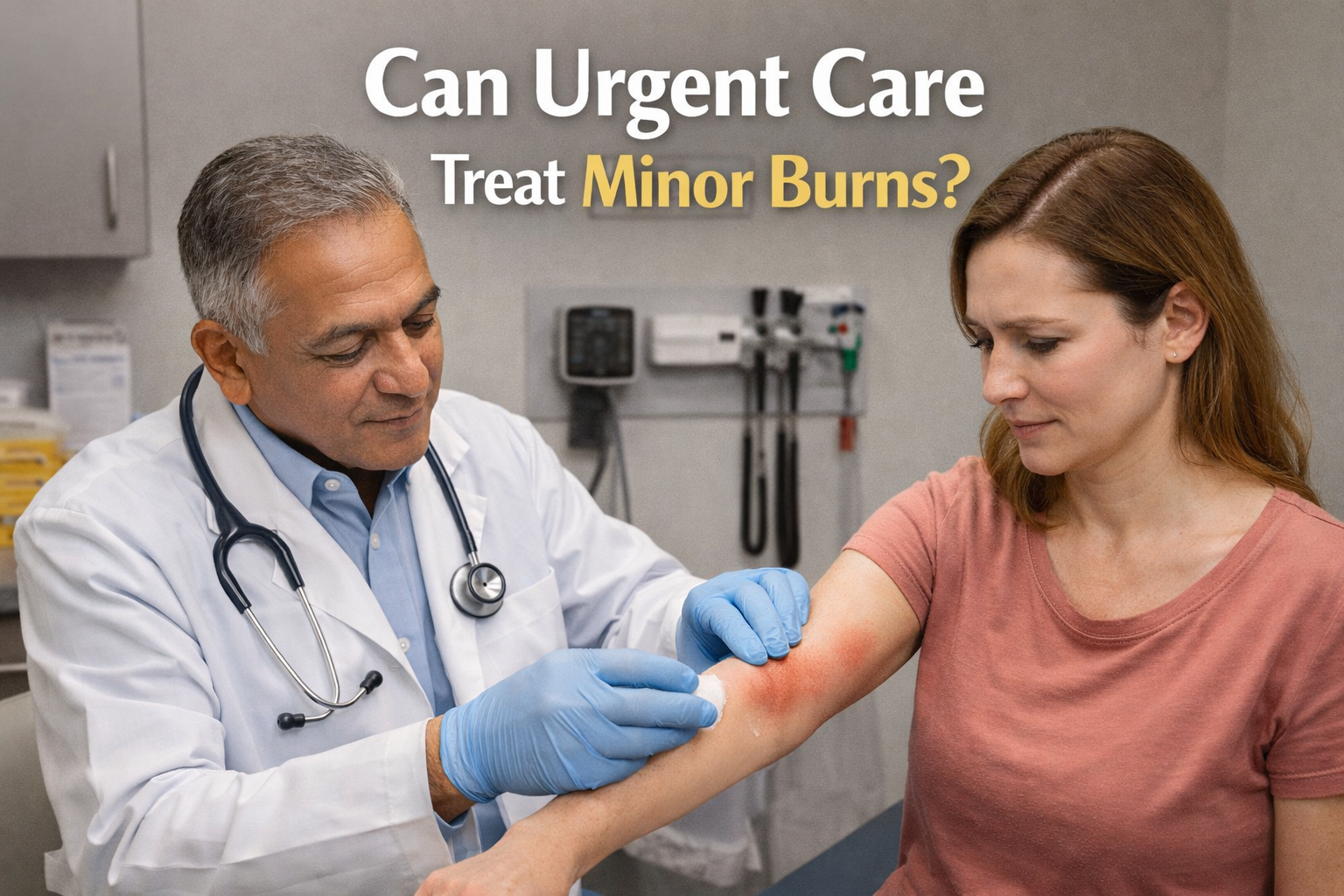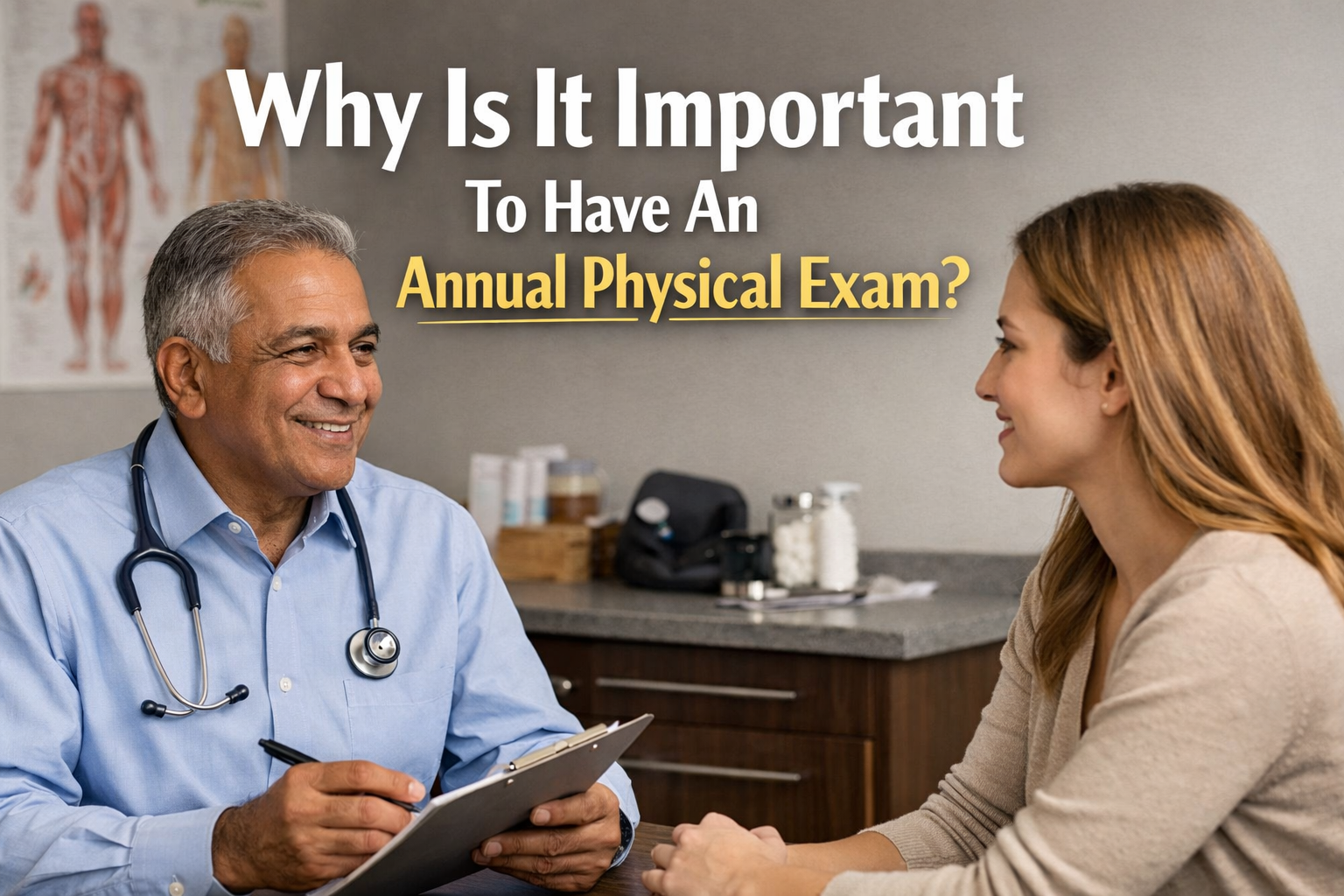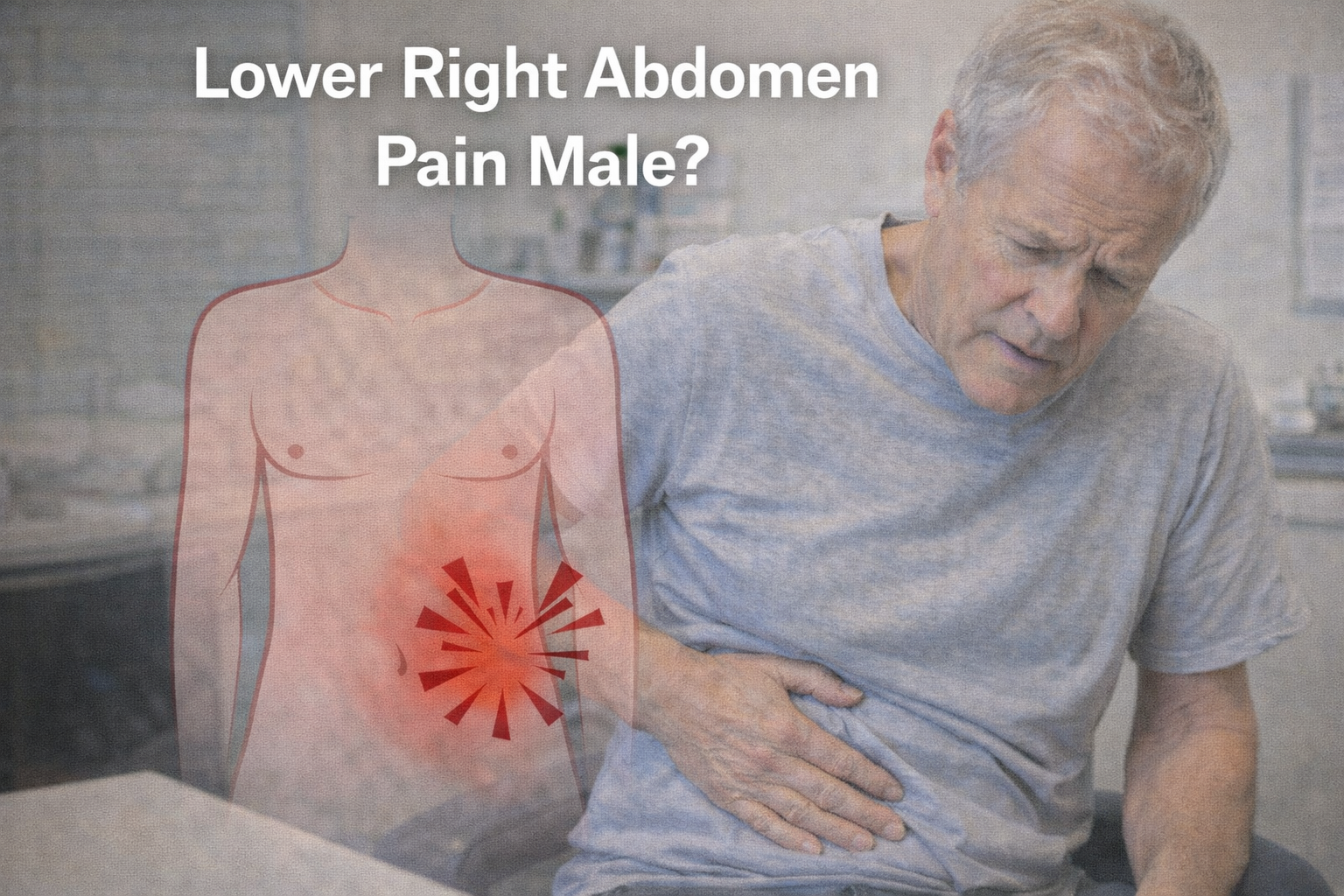There are no early warning signs or symptoms of high blood pressure (hypertension) as a rule; therefore, you have no idea that you are endangering your health in the first place. This is why it is referred to as a silent killer. Nevertheless, be on the lookout for some subtle symptoms that may indicate high blood pressure.
What Is High Blood Pressure?
The cause of high blood pressure occurs when the pressure of blood rushing against the walls of your arteries is consistently too great. This additional work on the heart may overload it and may put an individual at risk of developing coronary heart disease, heart failure, stroke, kidney failure, and other illnesses.
Why It’s Called the “Silent Killer”?
It is usually slow and without any apparent symptoms and therefore early detection is the solution to prevent permanent harm.
The reason it is referred to as the silent killer.
Early Warning Signs of High Blood Pressure
High blood pressure in Las Vegas does not normally show any symptoms. The vast majority of individuals do not even know that they possess it until their complications worsen.
And when they manifest themselves, they are either mild or confused with other things. This is the reason why the only way of early detection is by checking for hypertension during regular checkups.
Signs and Symptoms You Should Not Disregard.
Many individuals may be feeling absolutely fine, but there are indications that their blood pressure is extremely high.
In case you experience any of these symptoms, monitor your blood pressure immediately.
Frequent Morning Headaches
A harsh and pounding headache that welcomes you in the morning might be due to the increase in the level of blood pressure at night, which stimulates headache as a result of the pressure accumulating in your head.
Lightheadedness or Dizziness.
High blood pressure can also limit blood flow to the brain, making one lightheaded or causing loss of balance.
Blurred or Double Vision
Blurry or twin vision. High blood pressure may injure the tiny blood vessels that supply your eyes, and they may swell and/or bleed.
Myocardial Pain or Palpitations.
An increase in blood pressure means that your heart needs to work harder to pump the blood along. It may lead to a tightening of the chest, heart palpitations or irregular beat of the bone.
Shortness of Breath
Blood pressure on the heart is very high and thus you will find yourself gasping as you do the most trivial things.
Nosebleeds
When BV is weak and ruptures with pressure and nose bleed sometimes occurs in case of hypertension increase. But that is not a good guide.
Fatigue or Confusion
When the blood does not reach the brain, then you will get tired or what they refer as brain fog where you find it hard to focus.
Major Risk Factors of High Blood Pressure.
It is as simple as knowing about your risk factors which can be used to prevent high blood pressure even before it strikes.
- Age over 60
- Hypertension in the family history.
- Obesity or overweight
- Lack of exercise
- High-sodium diet
- Smoking or alcohol use
- Stress and poor sleep habits
- The likes of diabetes or kidney disease.
When to Seek Emergency Help
The need to receive urgent help is in case you present with a blood pressure of 180/120 mm Hg or above, and any of the following symptoms:
- Rigorous headache or bizarre vision.
- Chest pain or pressure
- Shortness of breath
- Weakness: One side or both sides. Numbness. Weakness can progress.
- Confusion or fainting
- The symptoms may be signs of an acute or very acute hypertensive crisis.
High Blood Pressure Prevention and Treatment.
Lifestyle Changes
There is a way of lowering blood pressure through healthy lifestyle changes, not only that but also of preventing complications.
-
- Eat well
Eat the DASH diet that is rich in fruits, vegetables, lean protein, and low-fat dairy. Minimize sodium, sugar, and processed food.
- Eat well
- Regular exercise
It should be at least 30 minutes of walking, swimming or cycling in most days.
- Weight loss
The pounds can be shed even by a small amount of weight loss, which can lower the blood pressure. - Stop smoking
Both harm blood vessels and increase pressure. - Relax
Deep breathing, meditation or yoga help take stress away. - Reduce caffeine
Caffeine may result in a temporary increase in blood pressure.
Medical Treatment
In case you fail to reduce your cholesterol level to a normal level with the help of diet and exercise, your doctor might prescribe you to use some medications that contain:
Diuretics
Assist in getting rid of excess salt and fluid.
ACE inhibitors or ARBs
They may assist in relaxation of blood vessels.
Calcium channel blockers
Promote the volume of blood flow.
Beta-blockers
They are used to decrease pressure and slow heart rate.
And never make any decisions concerning any type of medication (or otherwise) until you have consulted your own doctor and applied your common sense.
How to Check Your Blood Pressure?
Buy a digital arm monitor at home (they are not so costly to purchase), and self-test (it is possible to have a chair next to the BP machine at home at Walmart or other department stores).
- Always record the readings.
- You prefer to be under 120/80 mmHg (the ideal range).
- Medical examinations and consultations Often visit the doctor.
- Prevention and Correction of High Blood Pressure.
- Maintain fitness and body weight.
- Eat low-sodium meals.” And stay hydrated.
- Deal with stress on a day-to-day basis.
- Simply say no to alcohol and smoking.
- To prevent heart disease: have a good sleep, 7 to 8 hours a night, that is.
Conclusion
The thing about high blood pressure is that one may not notice it, but uncontrolled it is a silent killer. The early warning can be conducted in such symptoms like headaches, dizziness or blurred vision, but this should not be your only guide.
High blood pressure can be managed and health potential in the future is ensured as long as you monitor your blood pressure, Eat heart healthy Keep a normal body weight Stay physically active Under the guidance of your health care professional. To schedule your appointment with the highest standard of care, visit Sahara West Urgent Care on our website, where you can also explore more informative blogs





